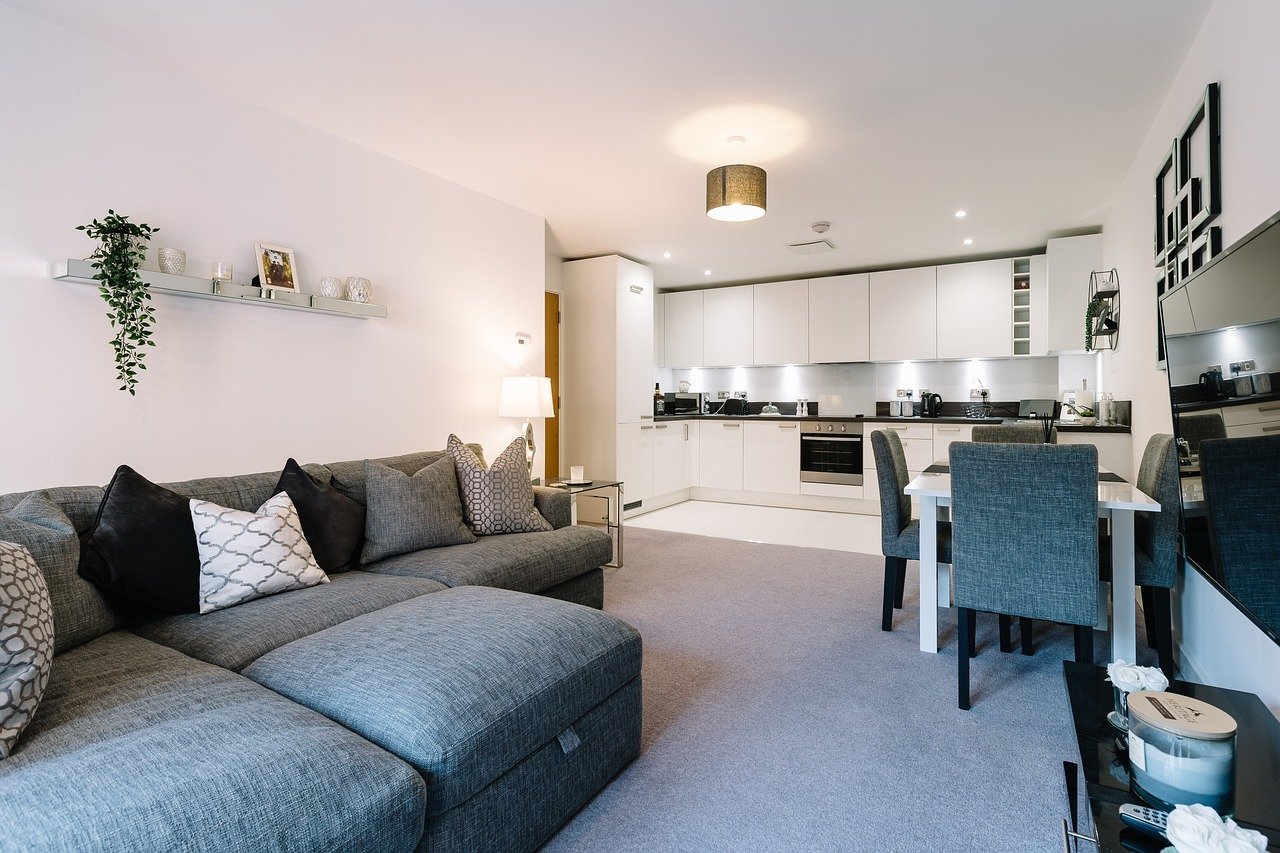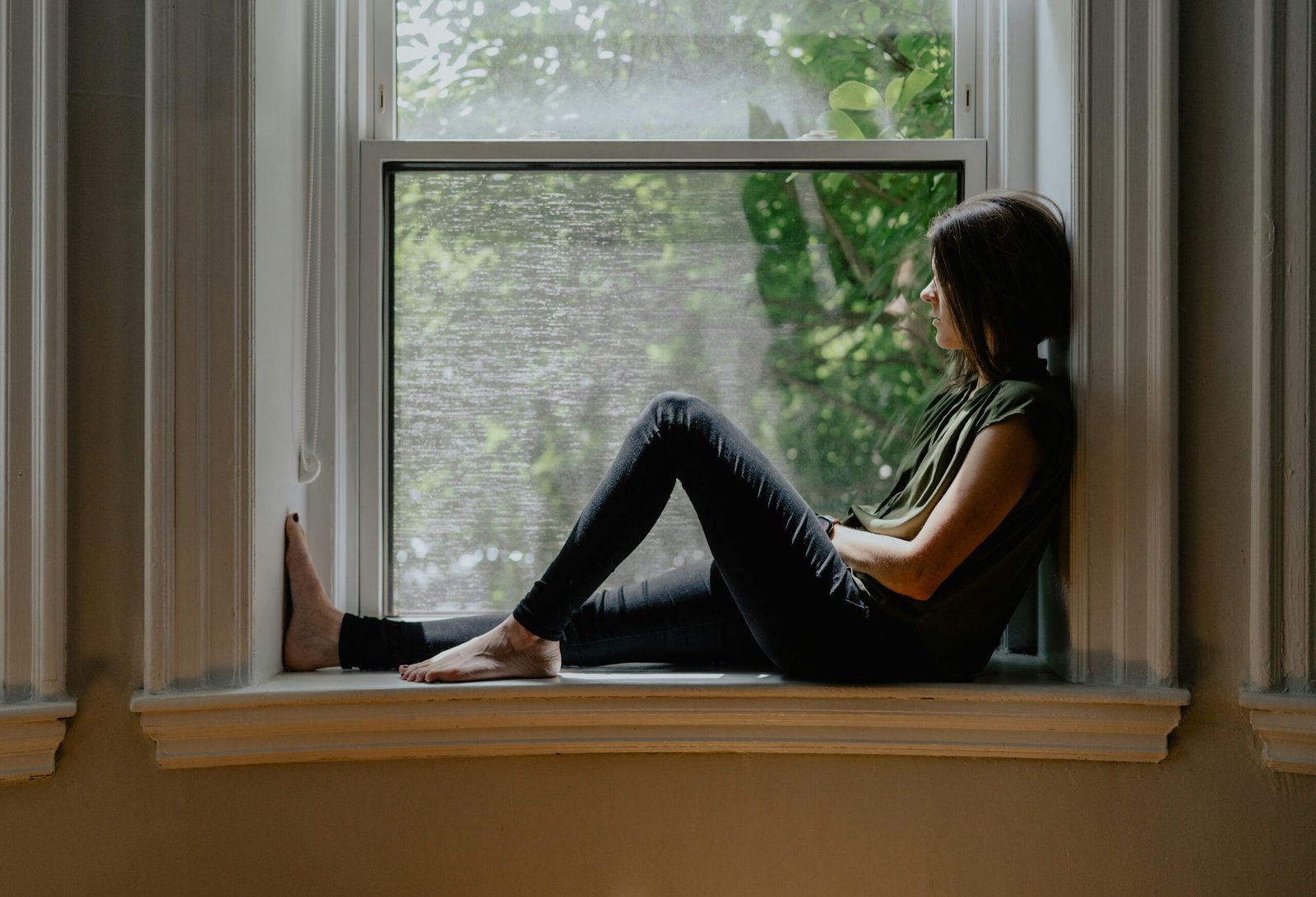Embracing Minimalism: Simplifying Your Life for Greater Fulfilment
October 29, 2024 | by autumngoals.com
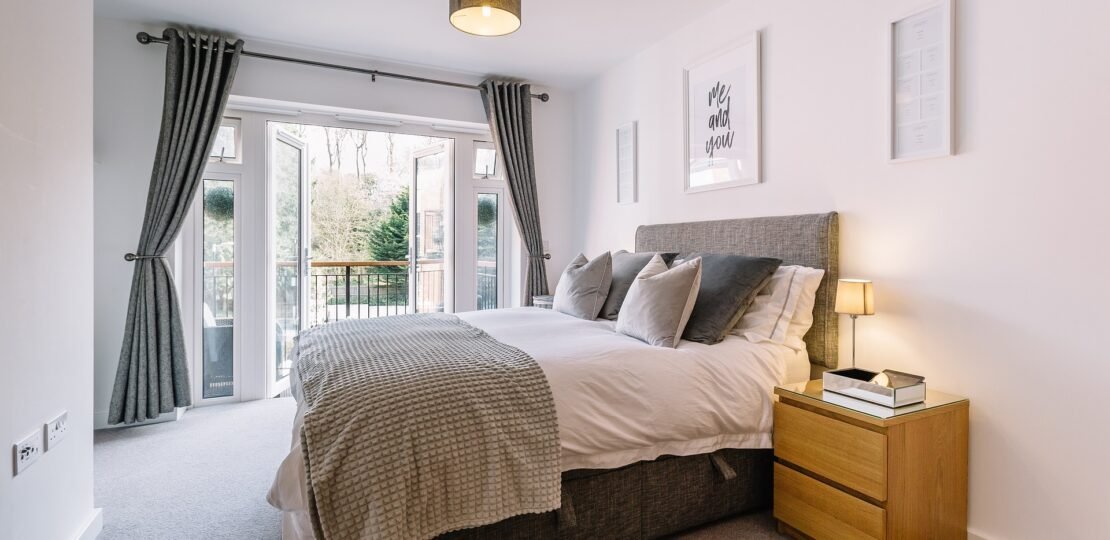
Image by Stuart Bailey from Pixabay
We’re constantly bombarded with the idea that more is better in our modern, fast-paced world. More stuff, more commitments, more information. Yet, many are finding that the pursuit of more often leads to stress, overwhelm, and dissatisfaction. Minimalism offers a powerful antidote, inviting us to focus on what truly matters by simplifying our lives.
Minimalism isn’t just about owning fewer things—it’s a mindset and lifestyle that prioritizes intention over excess. Whether you’re aiming to declutter your home, reduce mental noise, or create space for meaningful activities, embracing minimalism can lead to greater fulfilment, clarity, and personal growth. As Joshua Becker, a leading voice in the minimalist movement, wisely said, “Minimalism is the intentional promotion of the things we most value and the removal of anything that distracts us from it.”
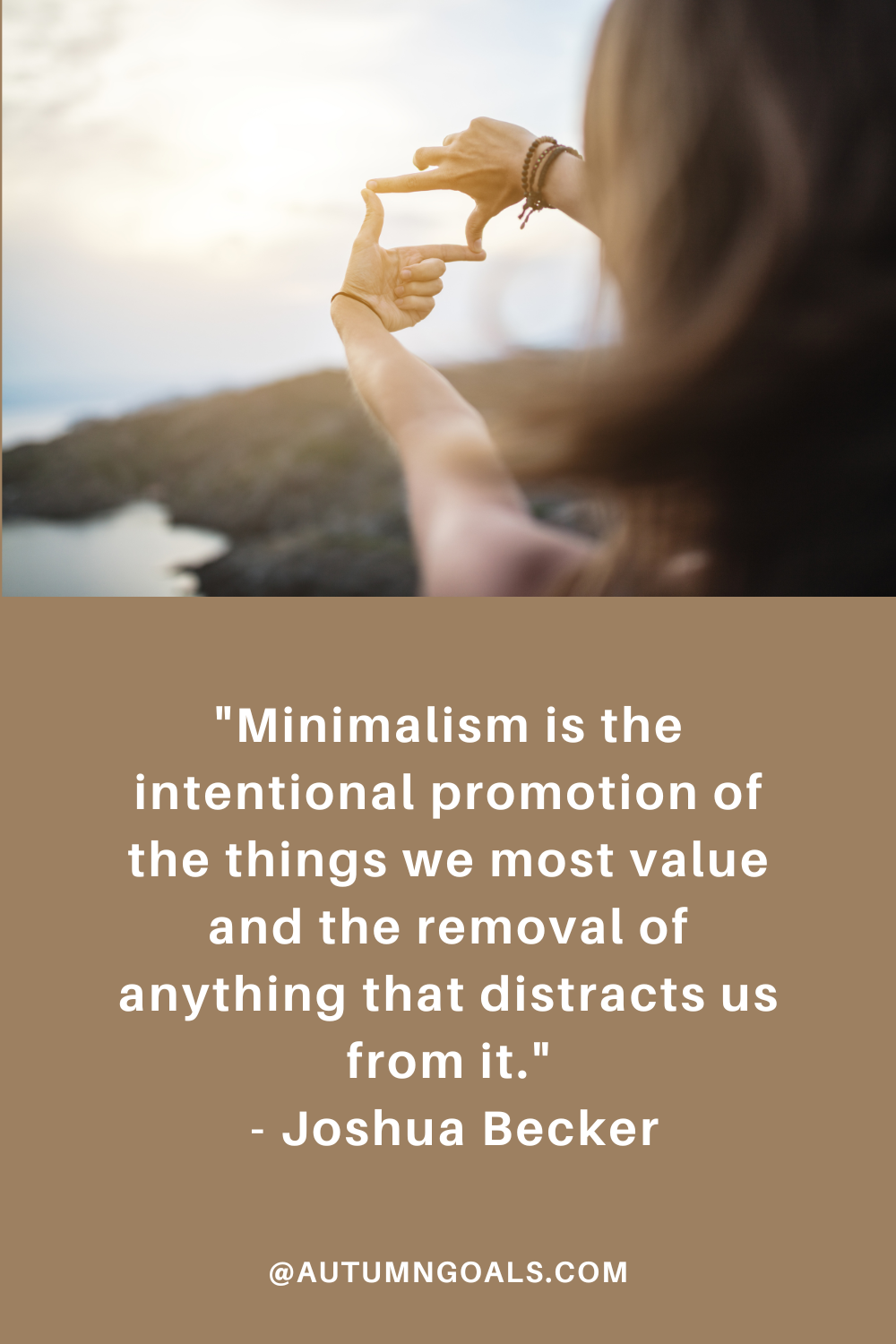
In this article, we’ll explore how embracing minimalism can transform key areas of your life, offering practical steps and insights for anyone on the journey towards simplifying for greater fulfillment.
Understanding the Essence of Minimalism
Before diving into specific aspects of minimalism, it’s necessary to understand its core philosophy. At its heart, minimalism is about intentionality—living with purpose, and only keeping what adds value to your life. As Leo Babauta, author of The Power of Less, says, “Simplicity boils down to two steps: Identify the essential. Eliminate the rest.” This principle can be applied to every facet of life, from physical possessions to time management and even mental energy.
Embracing minimalism is not about deprivation or living with the bare minimum. Instead, it’s about removing distractions and excess to make room for what truly matters. The goal is to experience more freedom, clarity, and happiness by focusing on quality over quantity.
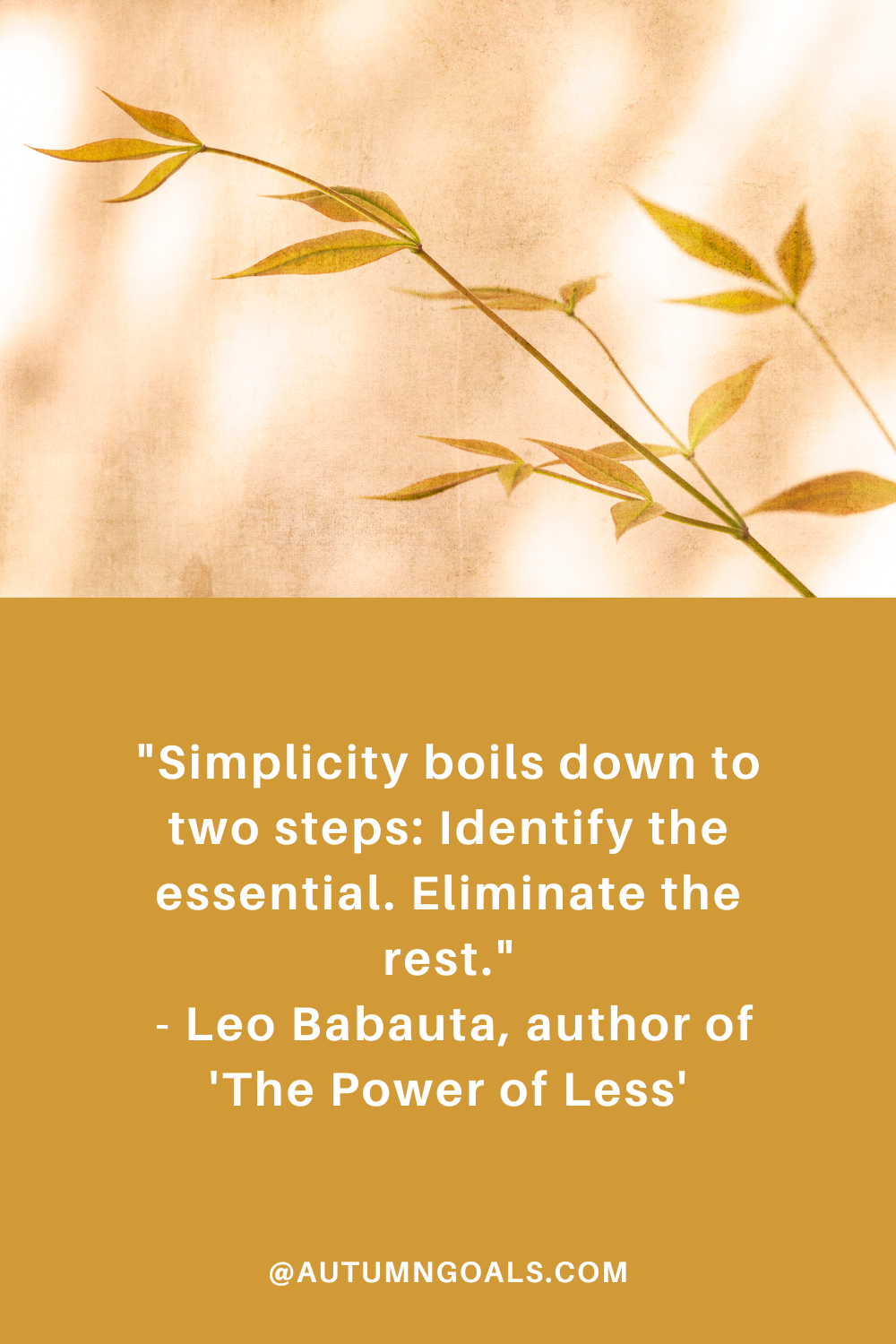
Minimalism in Your Physical Space: Decluttering for Peace
One of the most obvious places to start your minimalist journey is your physical environment. Our homes often accumulate unnecessary belongings—clothes, gadgets, décor—that not only take up space but also consume mental energy. As organizational expert Marie Kondo famously puts it in her book The Life-Changing Magic of Tidying Up, “The question of what you want to own is actually the question of how you want to live your life.”
Steps to Simplify Your Space:
- Start Small: Begin with a single room or category of items (e.g., clothing or books). Avoid the urge to tackle everything at once.
- Ask the Right Questions: As you go through your belongings, ask, “Does this item add value to my life?” If it doesn’t serve a clear purpose or bring joy, consider letting it go.
- Organize by Function: Once you’ve decluttered, organize remaining items by their function and frequency of use. Keep things that are used daily within easy reach and store or discard less frequently used items.
- Create a Maintenance Routine: Minimalism is not a one-time event but an ongoing practice. Regularly assess your possessions to ensure you’re not accumulating unnecessary items.
By clearing out the clutter, you’ll create a space that promotes peace and productivity, allowing you to focus on what matters most. A clutter-free home leads to a clutter-free mind.
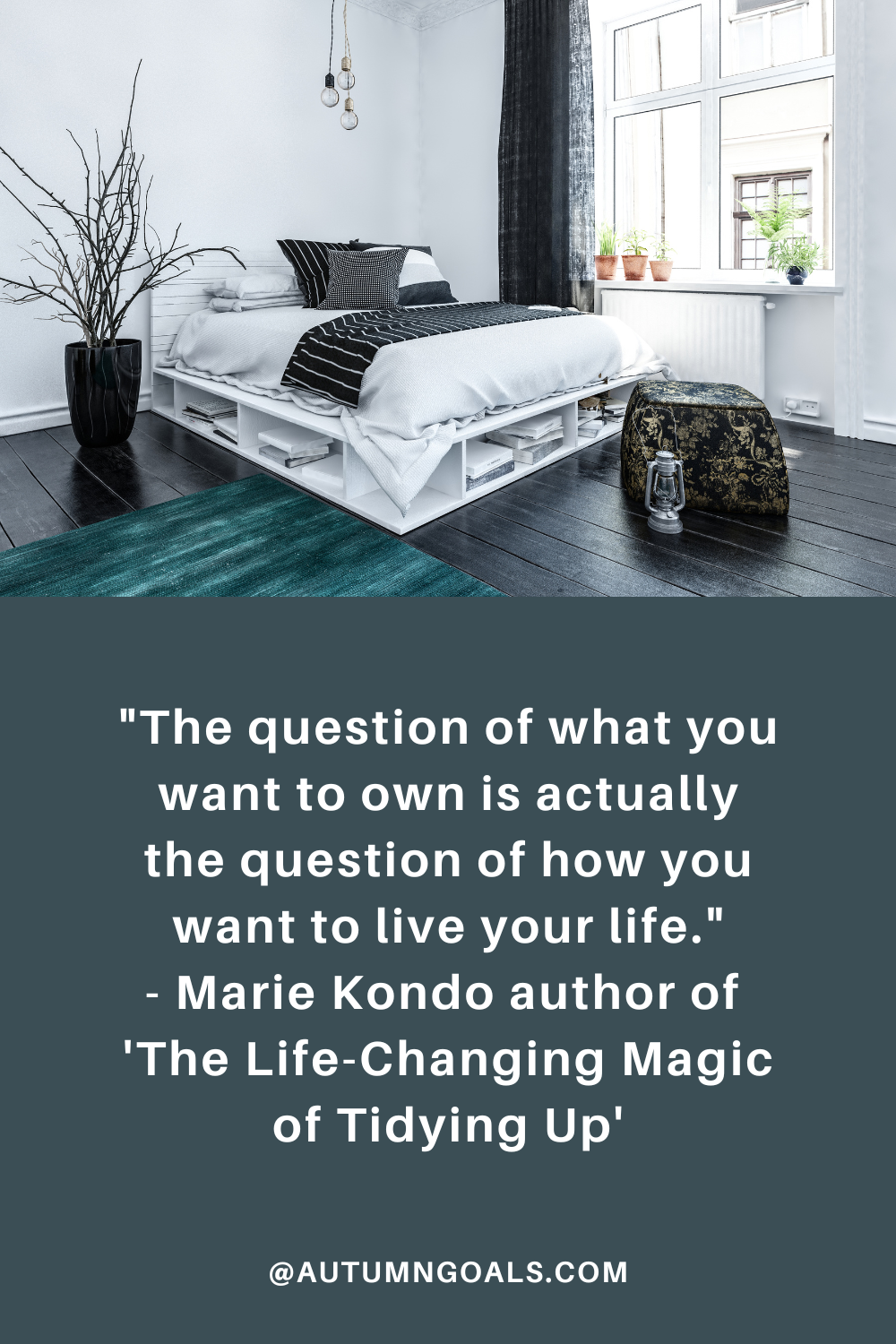
Minimalism in Your Time: Prioritizing What Truly Matters
We live in an era where busyness is often glorified. From constant notifications to jam-packed schedules, many of us struggle with time management and the feeling that there’s never enough time in the day. Minimalism encourages us to rethink how we use our time, helping us focus on what truly matters.
As Greg McKeown, author of Essentialism: The Disciplined Pursuit of Less, notes, “If you don’t prioritize your life, someone else will.” The idea here is simple: prioritize the essential, eliminate the trivial.
Ways to Simplify Your Time:
- Identify Your Priorities: Take a moment to list the areas of your life that are most important—whether it’s family, career, personal growth, or hobbies. Focus on activities that align with these priorities.
- Learn to Say No: One of the most powerful tools in minimalist time management is the ability to say no to tasks, commitments, or projects that don’t align with your goals.
- Practice Single-Tasking: Multitasking divides your attention and reduces productivity. Embrace single-tasking by focusing on one activity at a time, allowing for deeper engagement and better results.
- Time Block Your Day: Set specific times for essential activities, such as work, exercise, and relaxation. Time blocking helps you allocate enough time for high-priority tasks while ensuring you have downtime to recharge.
By simplifying your schedule, you’ll find more space for rest, creativity, and meaningful connections, ultimately leading to a more fulfilling life.
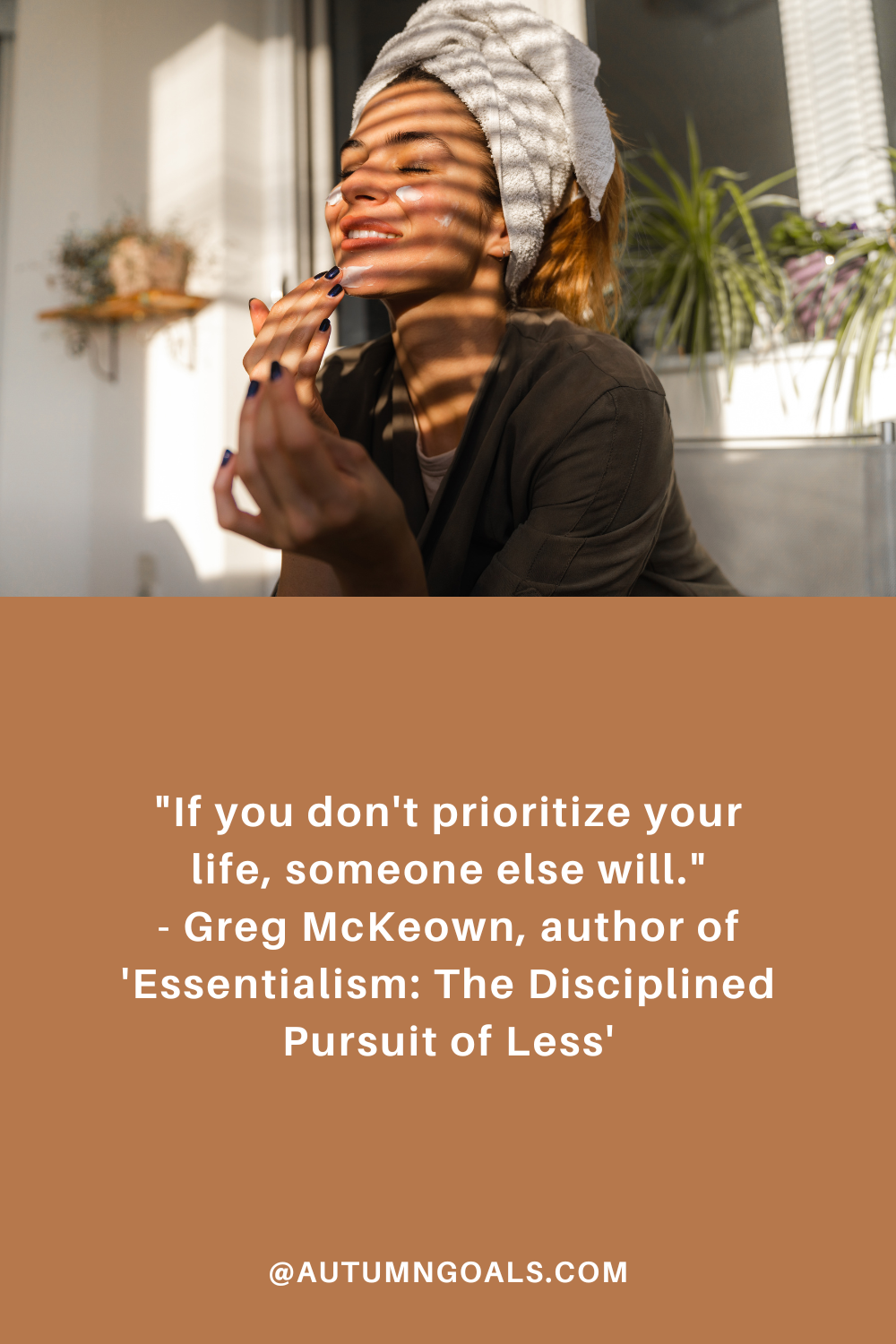
Minimalism in Your Relationships: Quality Over Quantity
Our social lives can also benefit from a minimalist approach. Often, we spread ourselves thin by trying to maintain too many relationships—some of which may no longer serve us. Minimalism teaches us to focus on deep, meaningful connections rather than superficial acquaintances.
Warren Buffett, a staunch advocate for simplicity in all areas of life, famously remarked, “The difference between successful people and very successful people is that very successful people say ‘no’ to almost everything.” This wisdom extends to relationships as well. It’s important to be selective about who you invest your time and energy in.
How to Apply Minimalism to Relationships:
- Evaluate Your Connections: Reflect on your current relationships. Which ones bring joy, growth, and positivity into your life? Which ones drain your energy or feel one-sided?
- Foster Meaningful Relationships: Prioritize spending time with people who uplift and inspire you. Meaningful relationships often require time and emotional investment, so it’s crucial to nurture those that matter most.
- Limit Social Media Engagement: Digital relationships can often create a sense of false connection. Consider reducing time spent on social media platforms to focus on real-life interactions.
- Create Boundaries: Setting boundaries is key to protecting your time and energy. Learn to establish clear boundaries with friends, family, and colleagues to ensure your relationships are mutually respectful.
By focusing on quality over quantity, your relationships will become more rewarding and fulfilling.
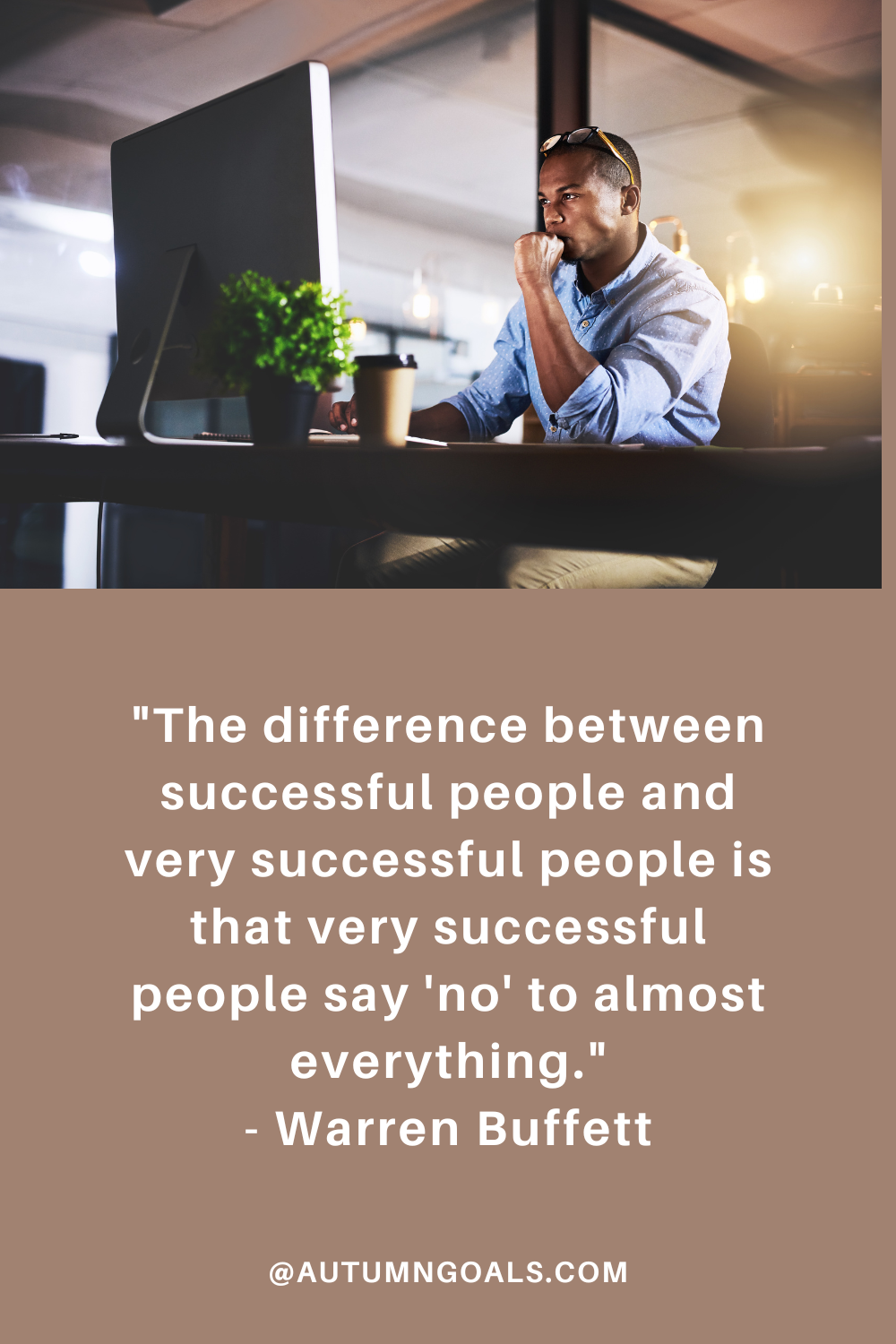
Minimalism in Your Mind: Cultivating Mental Clarity
Mental clutter—constant worries, endless to-do lists, and information overload—can be just as draining as physical clutter. Minimalism offers a framework for decluttering the mind and cultivating mental clarity, helping you stay focused on the present moment and what truly matters.
As Ryan Holiday explains in The Daily Stoic, “The more we value things outside our control, the less control we have.” Minimalism encourages us to let go of unnecessary mental baggage, whether it’s unproductive thoughts, worries about the future, or comparisons to others.
Strategies for Mental Minimalism:
- Practice Mindfulness: Mindfulness is the art of staying present and focused on the here and now. By practicing mindfulness, you can clear away mental distractions and cultivate inner peace.
- Limit Information Consumption: In a time of constant news and social media, it’s easy to feel overwhelmed by information. Limit your consumption to what’s necessary and meaningful.
- Create Mental Boundaries: Learn to separate your work life from your personal life and practice setting mental boundaries to protect your focus.
- Journal Regularly: Writing down your thoughts can help declutter your mind and provide clarity on what’s truly important. Regular journaling can serve as a tool for self-reflection and growth.
Simplifying your mental space creates room for creativity, relaxation, and a deeper sense of well-being.
Minimalism in Your Habits: Building a Purposeful Routine
Adopting minimalist habits can dramatically improve the quality of your life. Instead of juggling numerous daily habits or routines, minimalism teaches us to focus on a few purposeful habits that lead to long-term success and happiness.
James Clear, author of Atomic Habits, writes, “You do not rise to the level of your goals. You fall to the level of your systems.” Minimalism encourages us to create systems that prioritize meaningful habits over unnecessary distractions.
Steps to Build Minimalist Habits:
- Start with One Key Habit: Choose one habit that will have the most impact on your life, such as exercising, meditating, or practicing gratitude – and choose to prioritise that.
- Eliminate Non-Essential Habits: Identify any habits that don’t serve a purpose or are actively detracting from your goals. For example, reduce mindless scrolling or unnecessary online shopping.
- Create a Routine: Establish a simple daily routine that includes time for your key habit. Consistency is more important than perfection.
- Reflect and Adjust: Regularly reflect on your habits and make adjustments as needed to ensure they’re still aligned with your long-term goals.
By embracing minimalist habits, you’ll create a lifestyle that supports your well-being and helps you achieve lasting fulfilment.
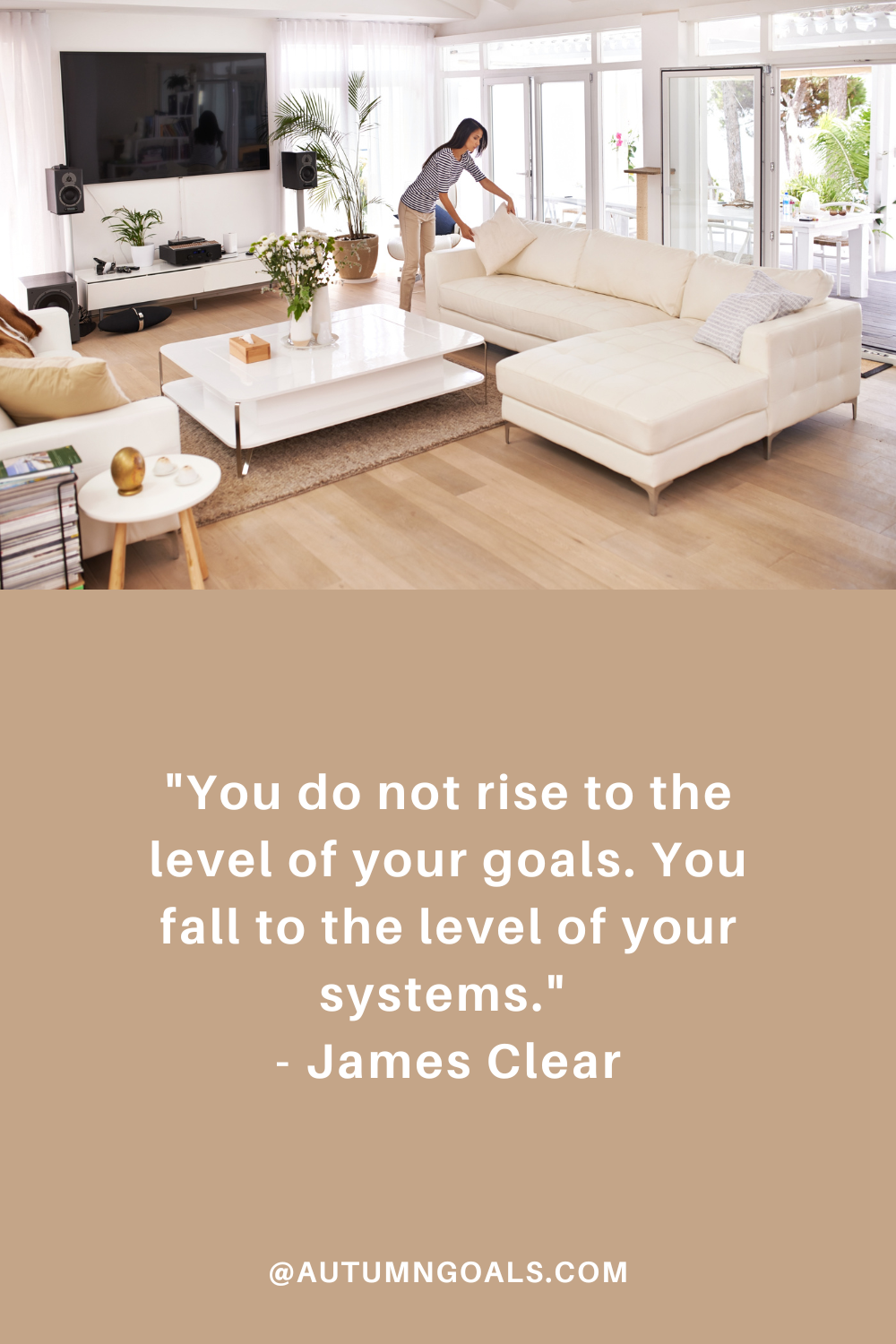
The Path to a Fulfilling Minimalist Life
Embracing minimalism is a powerful way to reclaim your life from the excess, distractions, and noise of the modern world. By simplifying your physical space, time, relationships, mental energy, and habits, you’ll find greater clarity, freedom, and purpose. Minimalism is not about depriving yourself of joy but about creating space for the things, people, and experiences that truly matter.
As we continue our journey toward self-improvement and personal development, adopting a minimalist lifestyle can be a huge step toward living a life of greater fulfilment and intentionality. Remember, as minimalist advocate Courtney Carver says, “Minimalism isn’t about having less. It’s about making room for more of what matters.”
Start small, focus on what’s essential, and allow minimalism to guide you towards a more meaningful and enriched life.
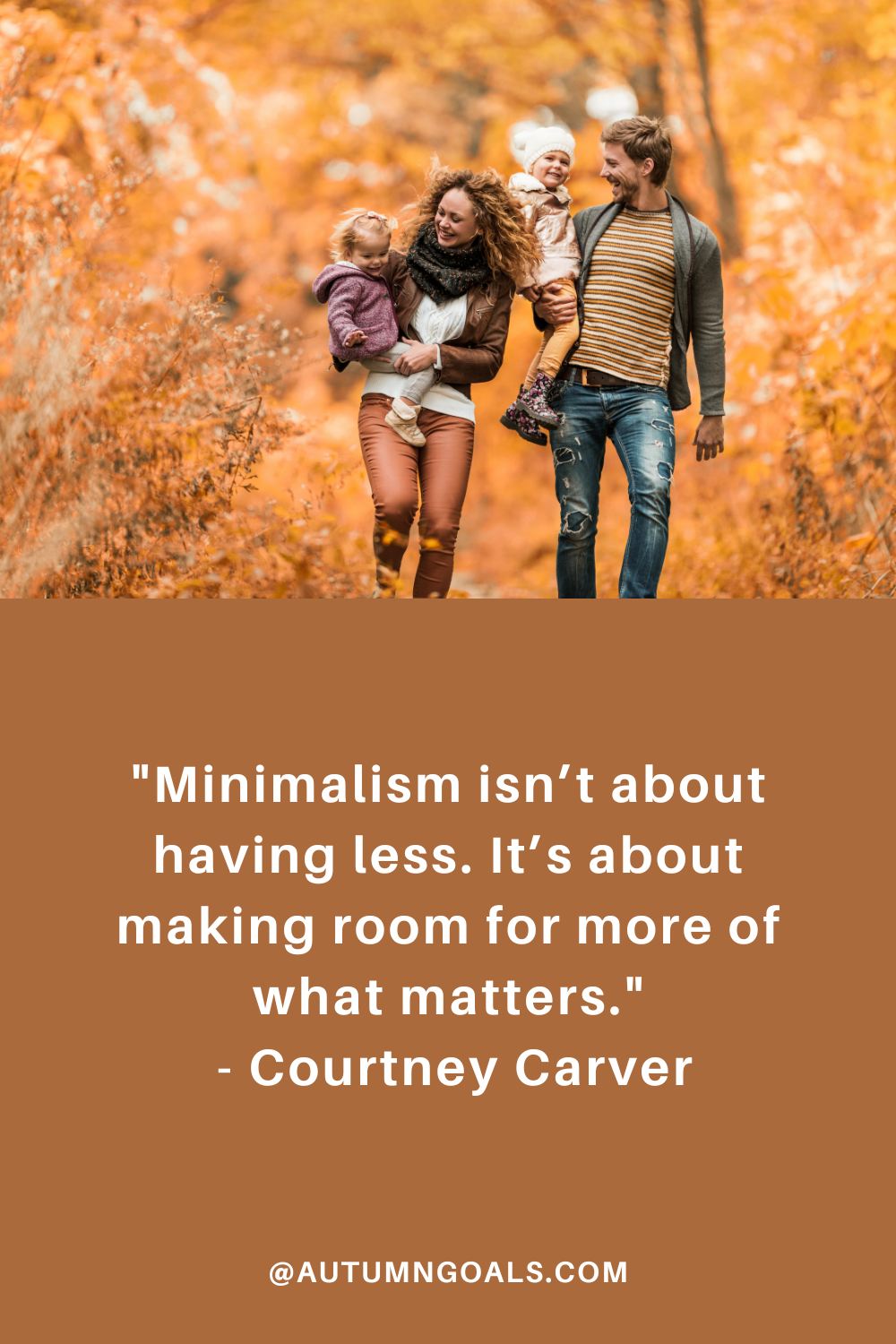
RELATED POSTS
View all

